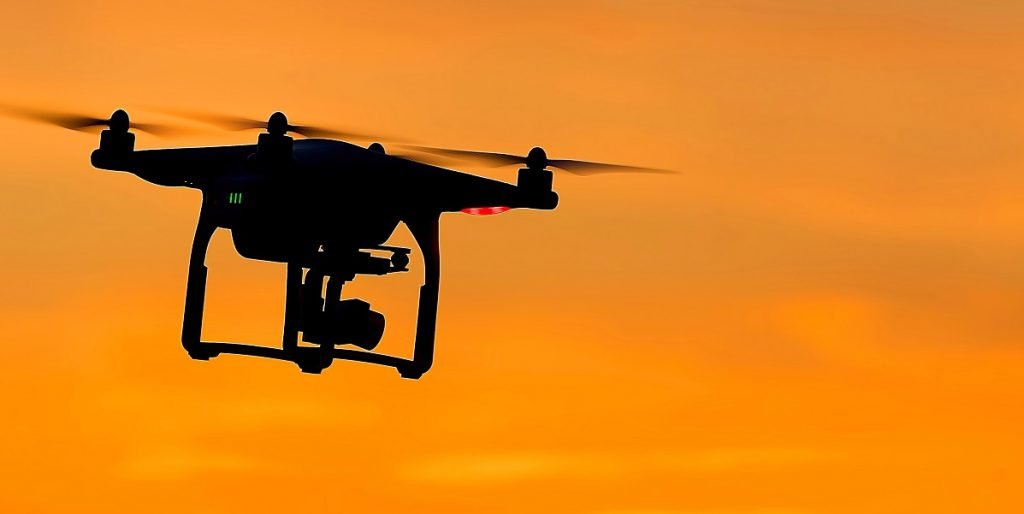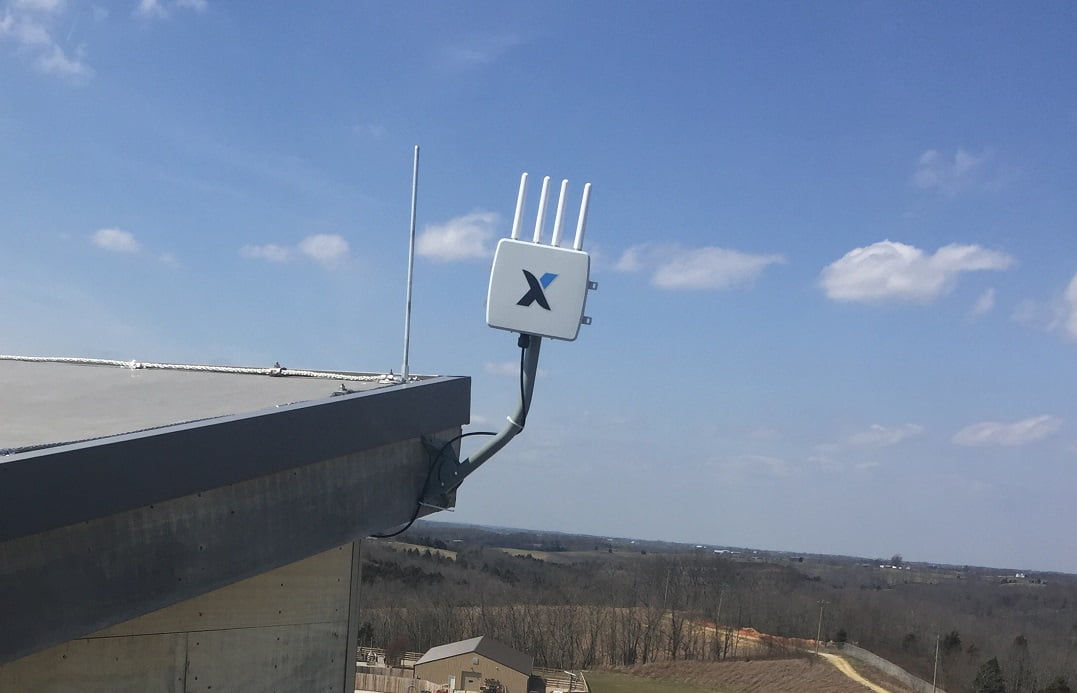Drones, or unmanned aerial vehicles (UAVs), have become all but ubiquitous. Not just as powerful and sophisticated military technology, but as commercial tools that have served to transform a number of industries including agriculture, energy, critical infrastructure, and construction. On the leisure side, they make nifty cameras for capturing aerial shots and are increasingly spotted at parks, beaches, sporting events and just about any outdoor area.
Today, a commercial drone can be bought on Amazon for about $40 and — and it may even be delivered by drone. But with the many handy applications come the risks, as criminal use of drones for illegal activity has been on the rise. As drones increasingly become part of our daily lives, we must find ways to deal with the security implications.
SEE ALSO: Delivering The Goods: Israel Leads The Way In Drone Innovation
To meet these new challenges, some are taking creative measures. In 2015, the Tokyo police department deployed a fleet of net-carrying drones to capture malicious ones, several months after a drone landed on the roof of the office of the Japanese prime minister, in protest over government policy. A year later, a professor of mechanical engineering at Michigan Technological University developed a “robotic falcon,” also based on the net principle. A Holland police force has been training eagles to catch drones.
Tel Aviv-based company Convexum has come up with a more sophisticated approach, developing a radio frequency-based system that can communicate with a drone, take control of, and safely land it. It’s one of over 50 civilian drone-focused startups in Israel, one of the leading countries in drone innovation technology.
Convexum was founded in January 2016 by Gilad Sahar and Niv Magen to provide solutions for combating “rogue or malicious drones” in urban environments. The two founders served in the IDF’s elite intelligence unit, 8200, subsequently working in the cybersecurity field for a while. And as malicious use of drones became increasingly frequent, Sahar and Magen began thinking about how they could use their experience to provide an answer to commercial, unauthorized drones.
“We just bought a drone and started doing the research,” Sahar told NoCamels.
Convexum’s system is geared toward commercial drones, preempting a concern that the anti-drone technology may have trouble distinguishing between different aircraft, like military UAVs. And its clients are mainly comprised of critical infrastructure facilities, sports venues and theme parks in the United States.
Clients have Convexum sensors installed on their facilities, helping secure them against drone intrusions.
Convexum says it meets frequently with American leaders to spread the word about its system. Sahar travels monthly to Washington, DC for meetings with US Congressmen. Last month, the Convexum team met with Governor Bruce Rauner of Illinois during his trade mission in Israel. Sahar says that they discussed “how to allow drones to be more present in urban environments with the fact that the police need a way to ensure levels of safety in various places like surrounding sports facilities and the major parks.”
They also talked about prison security, a field Convexum is looking at seriously. In fact, the use of drones to smuggle contraband into prisons is the topic that originally brought the drone problem to the founders’ attention. US authorities have spotted drones carrying contraband to prisons in over a dozen states. In one instance in Ionia, Michigan, three men used a drone to smuggle a package full of marijuana, cigarettes, razor blades, and cell phones into Handlon Correctional Facility. Authorities managed to catch the drone only when it promptly returned to drop off a second package.
Sign up for our free weekly newsletter
SubscribeSahar tells NoCamels that Convexum has an advantage in this field: “We land the drone in a predefined location and that’s the major benefit of our system. So we guarantee to…the prison security team that we’ll take over the drone and land it in a predefined location and then they can just go pick the drone up.” The ability of the Convexum system to land a drone would make it easier for authorities to react to and stop a drone intrusion. For example, in the Handlon Correctional Facility incident, a Convexum sensor could have grounded the drone before it even dropped its first package, thereby precluding it from escaping or returning with more contraband.
With investors such as the Technion-Israel Institute of technology, VC firm F2 Capital, and a number of private Australian investors and with pilot and beta customers in Europe and the US, Convexum says it is on schedule to be fully commercialized by early 2018.
Robots and smart cities
Convexum is also thinking more broadly, conveying that robots will soon be integral to our daily lives and that we should start dealing with potential pertinent issues now.
“We plan to provide smart enforcement for smart cities,” Sahar tells NoCamels, hinting that Convexum may be interested in developing solutions for other unmanned vehicles.
“Drones are just the first thing to sort of be present in our lives, but there will be autonomous robots, autonomous cars, and so on. Robots are going to be all over… For us, it’s important to emphasize it’s going to only get bigger, the problem is not going away, and we urge everyone to take action today.” Indeed, Sahar says that he and Magen chose the name “Convexum,” which means “dome” in Latin, so that the name would not limit them to one particular field.
SEE ALSO: Israel’s Airobotics Is World’s First To Get Authorization To Fly Fully Autonomous Drones
Even with radio frequency-based sensors — and net-equipped drones and specially trained eagles — to protect us, some experts warn that people will continue to find ways around these security systems. Maryland Deputy Secretary of Public Safety and Corrections Michael Zeigler told NPR last month, “this game of drones is a game that constantly changes, and it continues to get more sophisticated and more sophisticated as time goes on.”
Ultimately, it may well be Convexum and companies like it that lead the way in keeping up with this change.
Related posts

Editors’ & Readers’ Choice: 10 Favorite NoCamels Articles

Forward Facing: What Does The Future Hold For Israeli High-Tech?

Impact Innovation: Israeli Startups That Could Shape Our Future






Facebook comments